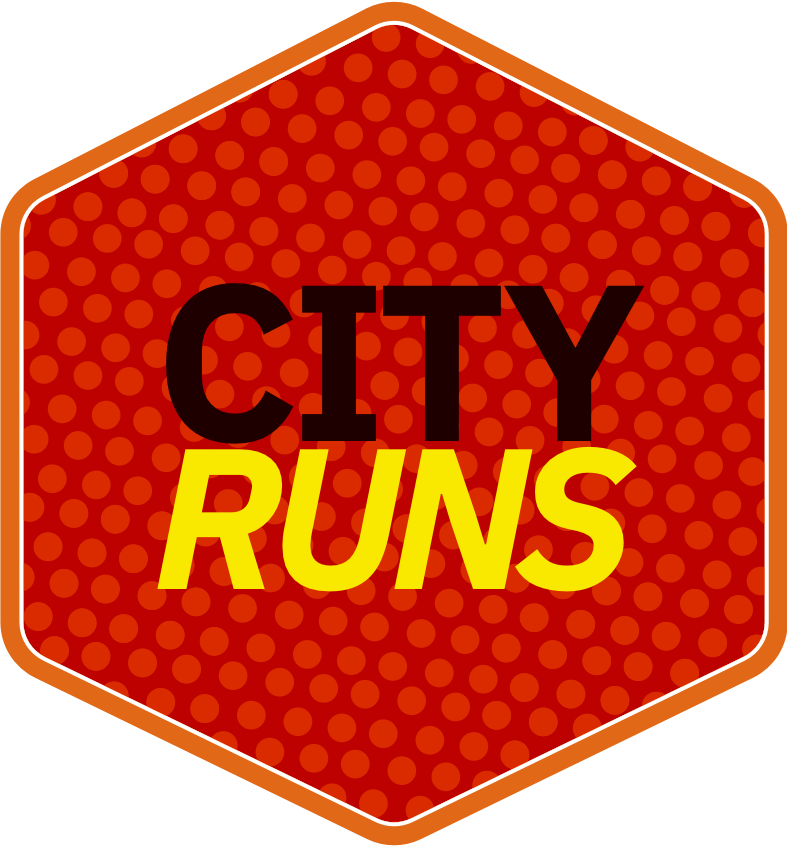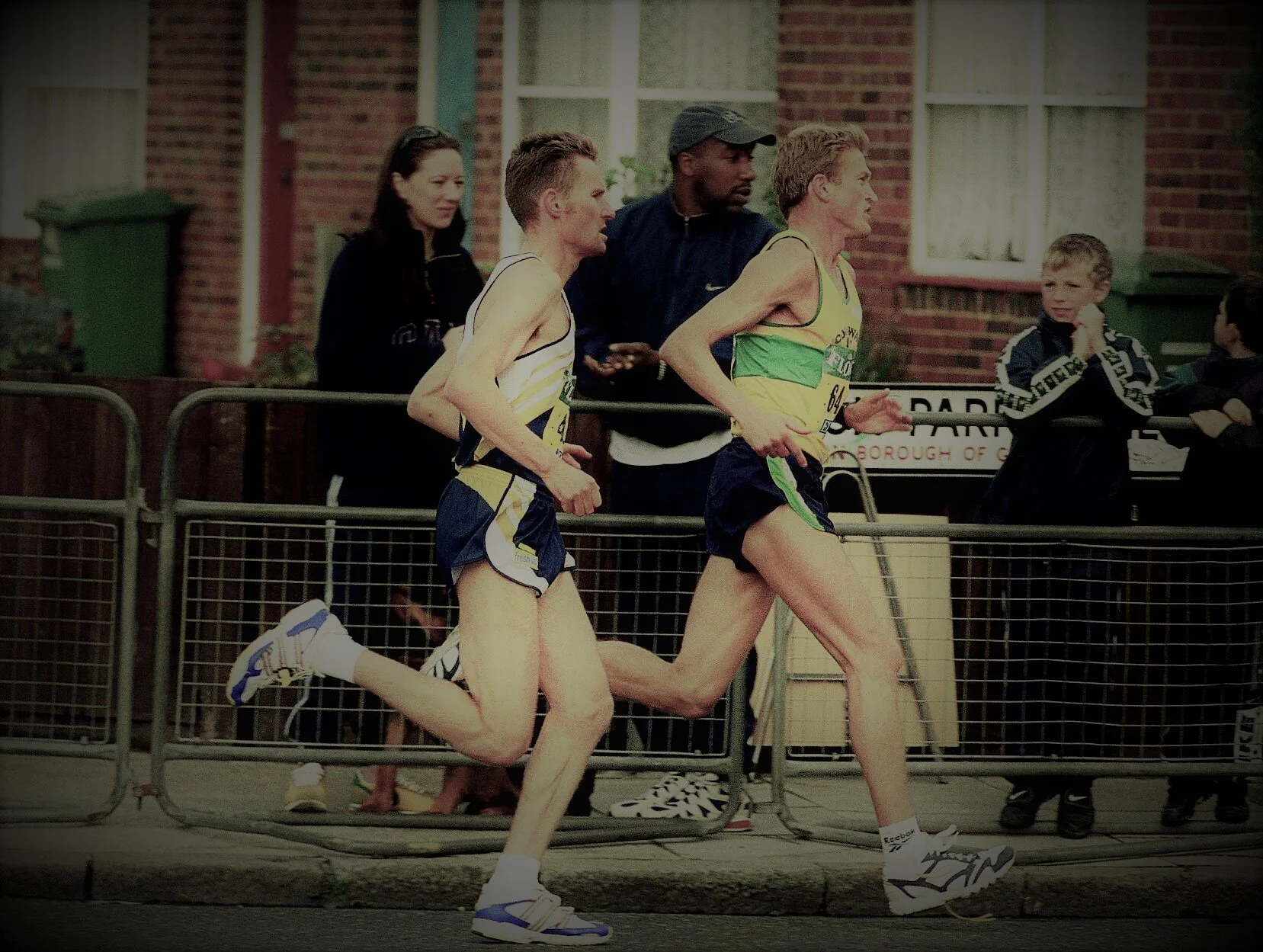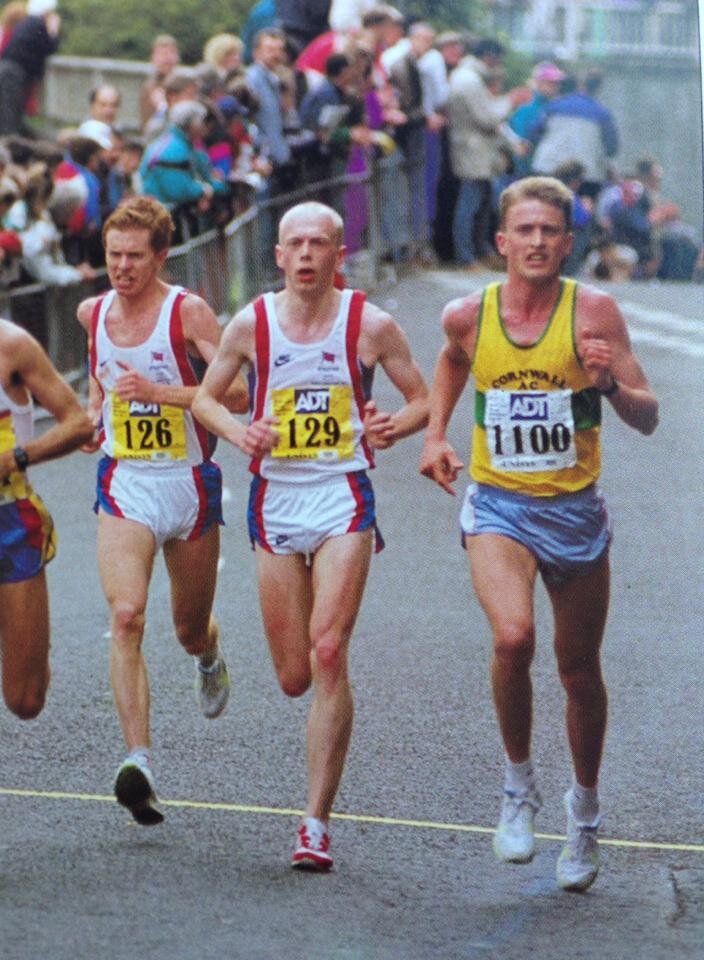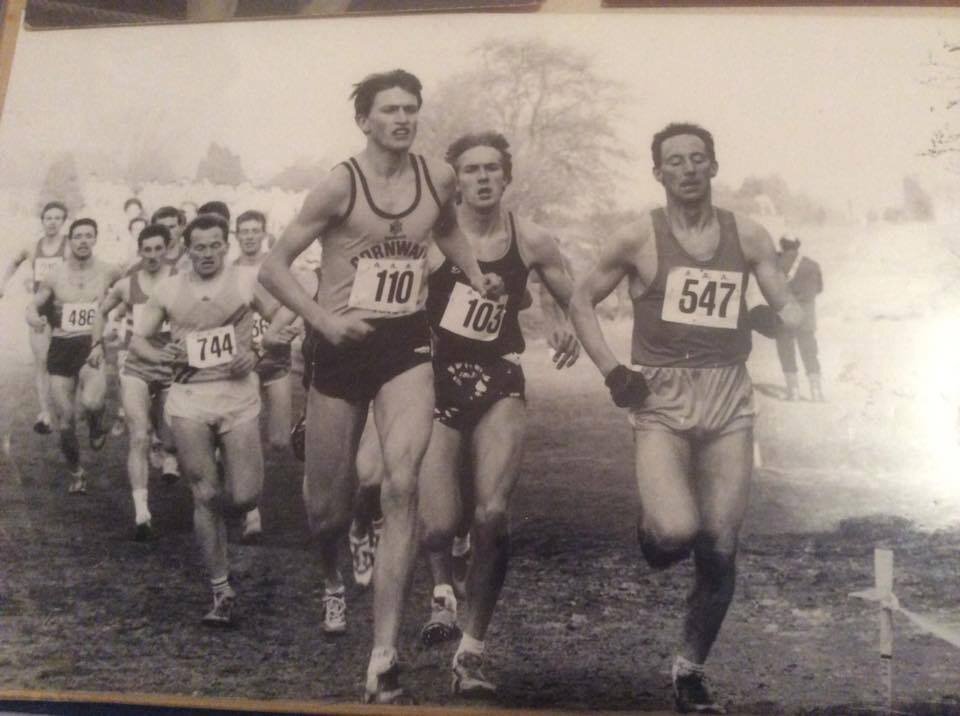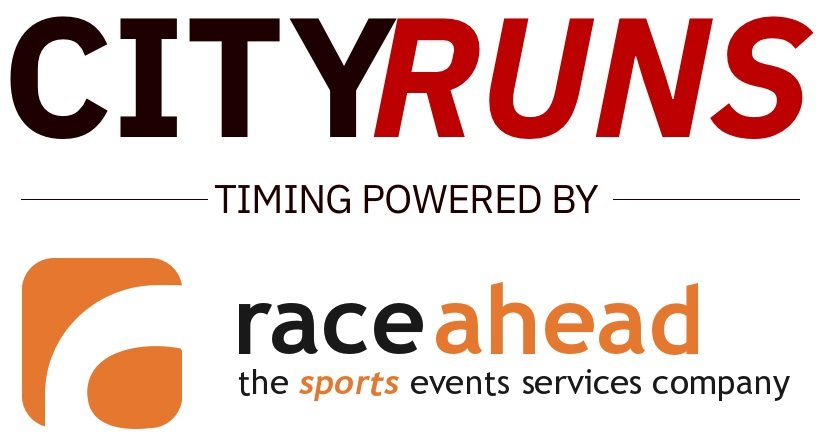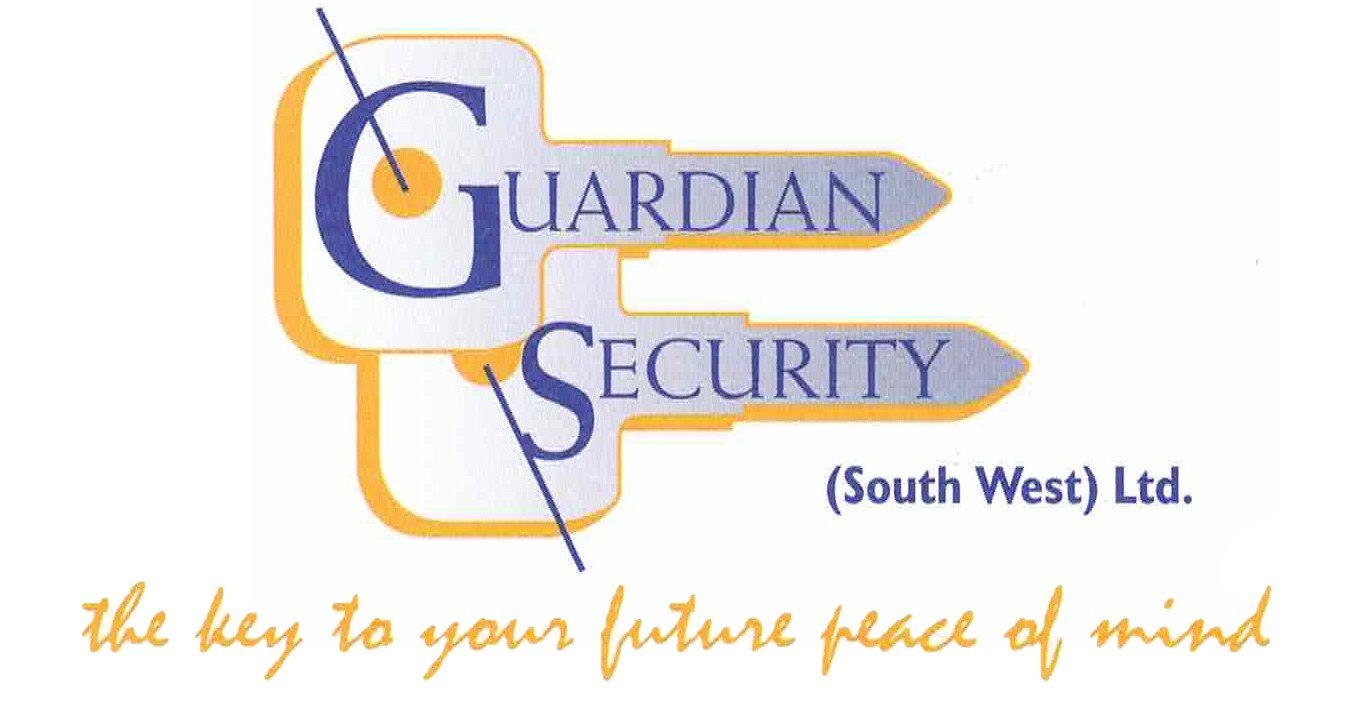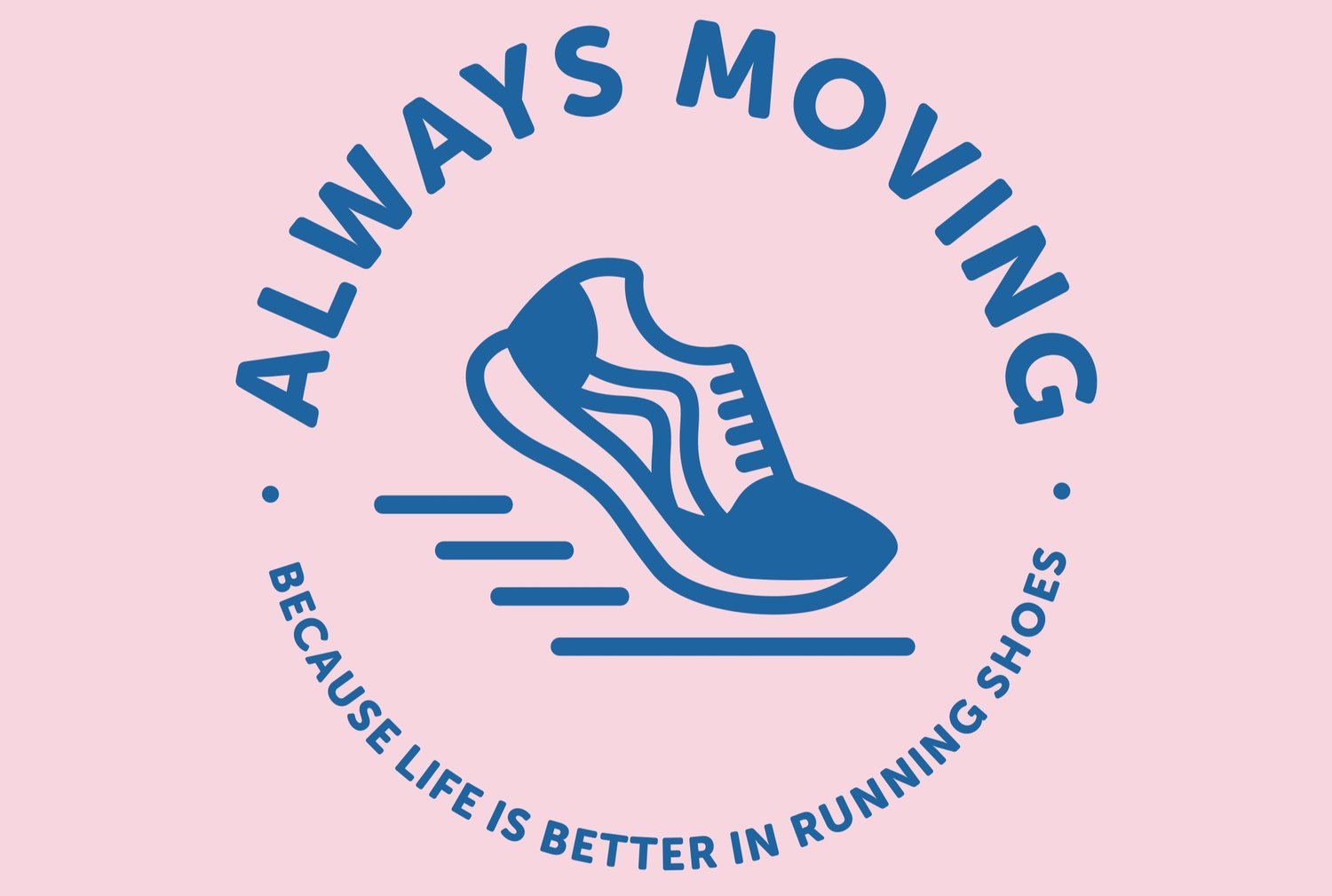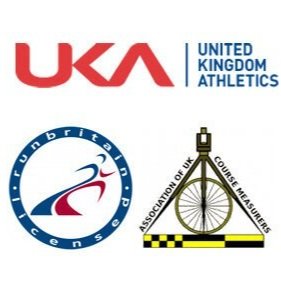Dave Buzza Q&A
Dave Buzza is an international runner and also proud member of local club Cornwall Ac. He has represented Great Britain in the Marathon at the World and European Championships and also England at the Commenwealth Games. His greatest success came at the marathon but this was underpinned by his work over the shorter distance including cross country, as you can see from his impressive list of PB’s…
1500m - 3.42.
3k - 7.56.
5k - 13.50.
10k - 29.16.
10m - 47.17.
Half Marthon - 63.13.
Marathon - 2.11.06.
The idea behind this interview is to obviously give our community an idea of what goes into running this fast - but more importantly understand that it's all 'relative'! We can all learn from runner's like Dave in terms of their approach and structure of training, all in the pursuit of personal improvement. The key advice we have taken from this article is the importance of a gradual build up, speed is important… the faster you can go over 5k the faster you’ll be able to go over a marathon”, not going too hard in long training runs and taking away from your actual marathon race.
Q: Please give us an overview of you're running background? What got you into it, how did you're running developed?
Jog/walked very occasionally with my PE teacher father, but first proper run was aged 11 when an older mate, Kevin Heather (a top Cornish runner) asked me to go for a road run, told me the route and gave me a minute's start. Worked out after that it was 6 miles and hilly - and he beat me, though only caught me at 4 miles! Played a lot of sport, but started actual running training twice/week at 14 with Alan Rowling who taught me at Redruth School. Played Cornwall rugby at school as well and only prioritised athletics in 6th form and particularly after going to Uni. Always beaten at school by Jon Richards who was almost 18 months younger, but best in Britain and lucky to have Alan Rowling as a Geography teacher who encouraged in his very low-key style. Re-took my A Levels to get to Loughborough Uni (slept through a lot of my lessons/revision!) and started training seriously then. First international selection for England U23 tour to China in 1985.
Q: What did a typical training week look like as an international marathon runner?
Sun - Am: 27 miles easy - Pm: 6 easy
Mon - Am: 10 easy - Pm: 7 easy
Tue - Am: 7 easy - Pm: 10 x 400m (every 2 mins - averaged 64, so 56s rest)
Wed - Am: 14 easy - Pm: Gym circuits 2 x 25s, 1 x 15s - double recovery with 4 easy before and after
Thu - Am: 6 easy - Pm: 8 inc 4 mile tempo (20 mins)
Fri - Am: 6 easy - Pm: 9 easy
Sat - Am: Westward League X-C Plymouth 1st
Total 126 miles
First marathon I did while full-time PE teaching -16th London 1991 in 2.12.37 - stopped teaching to train full-time at end of that summer. Didn't always run these miles, but usually well over 100 in marathon build up.
Q: Favourite session and why? Least favourite session and why?
Favourite anything on rolling fields/trails. Least favourite long reps on track or tempo runs - always found the latter hard to pace on my own. Would either be flat out or too slow!
Q: If you had to pick one key marathon training session what would it be?
Long run, though I always ran mine easy/steady. When training in Australia the group included a hardish 2 miles on a slight incline in this, but I preferred generally to run long rather than fast. With hindsight I may have got fitter including the occasional fartlek/tempo, but generally used Tues/Thurs/Sat sessions for the faster stuff. I feel that a lot of marathoners see the super-long Sunday run sessions, do too many and leave their best out on the roads before the target race. My big worry before my first marathon was lasting the distance, hence lots of 20-25 mile runs and a couple over-distance.
Q: What are your thoughts on strength and conditioning for runners? What S&C did you do when you were competing internationally?
Think gym circuits great for body balance/strength/injury-prevention and did them once/week in winter most of my career. Did weights twice/week at Uni in the winter and think important for shorter distance events. Not a fan of stretching, particularly static. Dynamic stretching often incorporated to an extent in the circuits.
Q: What do you think is key to good recovery and getting the most out of your training?
Build up gradually - I'd been training for 15 years before I ran a marathon and had been running for 1.5 - 2 hrs most Sundays for 10 years. Massage good for injury-prevention if it's available/affordable and, personally, I've always run 90% plus off-road, which doesn't beat your legs up as much and cause repetitive stress injuries. Gym circuits give a stronger musculature helping to prevent injury as well. If you've built up gradually to heavier training loads over years, an easy recovery day is 2 runs of 8 and 6 miles though!
I used Friday and Saturday as a safety valve. If I was feeling really tired I'd just do one run on Friday and a session on Saturday morning without an afternoon run. Saturday sessions were always short - 20 min fartlek/10 x 200m/10 x 400m max as I felt 3 long, hard aerobic sessions a week plus long run were too much.
Q: You always competed over cross country and scored some very impressive results, you were also a regular at the local Westward League Cross Country League. What are your thoughts on the benefits of cross country?
There were very few road races around when I was a teenager and I grew up running X-C and track mainly. As I mainly trained off-road and played a lot of sport, I felt I was always better compared to others with broken rhythm on the country, despite the fact that my greatest success was possibly in road marathons. Trail marathons would've been perfect for me!
I'd recommend it for road runners primarily as some will find they actually prefer it to the road, but it is also good for variety and strengthening the ankles and lower legs, plus it's good for mental toughness as getting used to feet slipping away from under you and losing 5m on someone without giving up is useful!
Following on from this... what are you thoughts on the track for distance runners?
Track racing very important - the faster you can run 5000m, the faster you'll run the marathon, with the correct training. 1500m races great fun and useful. Track training less important - can do similar sessions on the road/country - but can be useful, though worst surface for injury.
Q: Looking through your past results [LINK] you have a lot of very impressive results. Which one(s) are you most proud of? Can you outline the race and your build up to it?
Most proud of my 34th in 1988 World Cross-Country Champs in Auckland - massive build-up with going out 12 days before as late reserve, was losing form in the weeks before (was beaten in a session by a mate who'd never got near me before) and scared myself by eating too much cake at the great hotel and daftly weighing the day before the race (I was 5 lbs heavier than I had been, though some would have been scales/time of day!). Was last in pen of 9 and came 3rd Brit and 34th overall after being 22nd after a mile and hanging on grimly. Felt terrible that evening at the reception and could hardly eat/drink anything! Easily the hardest I've ever tried in a race.
My other would probably be 6th in the 1993 London Marathon in 2.12.23 (the race Eammon Martin won in 2.10.50). There was a strong westerly blowing and those who know the London course know that two thirds is east to west. I purposely dropped off the lead group at 7 and then ran the rest of the race on my own, apart from occasionally passing people. Would probably have finished lower on a still day, but it was a better run than my 2.11.06 in San Sebastian later that year and a 2.10 would have been nice!
Q: Do you have any disappointments with you're career? If you had your time again would you do anything differently?
Think I could have eaten slightly better at times, as I always considered I could eat what I wanted as I'd burn it all off. Wouldn't necessarily have run better, but may have had more peak periods of running at my best.
Q: Finally, what are your top tips for runners of all abilities trying to improve and hit their targets?
Get into a routine, get off-road (at least sometimes) if you can, build up gradually and find out what works for you. Find some friends to run with and join a club - you will mutually encourage and learn. To run well distance-wise, if you're motivated enough, you have to do a lot of running. To a certain extent the more the better without getting injured!
Further Reading and Viewing…
Power of 10 Profile - Note a lot of Dave’s best performances are not listed.
